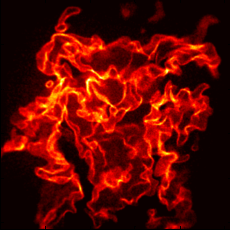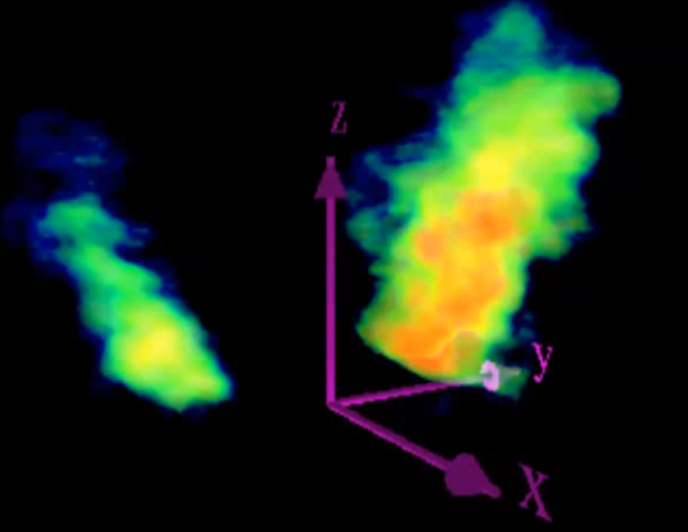报告时间:August 23 (Thursday) 10:00am-12:00am
报告地点:B-518, Lee Shau Kee Building of Science and Technology
邀请人: Prof. Zhuyin Ren
1、报告题目: 4D Diagnostics at UVA
报告人: Prof. Lin Ma
报告人单位: Mechanical and Aerospace Engineering ,University of Virginia
2、报告题目:High-Pressure Experiments and Modeling of Propulsion Systems:Fuel Pyrolysis/Oxidation/Emissions
报告人: Prof. Harsha Chelliah
报告人单位: Mechanical and Aerospace Engineering ,University of Virginia
4D Diagnostics at UVA
Abstract
This talk will present a brief report our recent progress in the area of four dimensional (4D) diagnostics at the University of Virginia, followed by an analysis of the open research questions and the opportunities such diagnostics can enable in a range of scientific and engineering disciplines. Example measurements from our group include 4D measurements of turbulent flow structures, chemical species, and velocity with temporal resolution up to 20 kHz and sub-mm spatial resolution in all three directions. Besides demonstrating the feasibility and potential of 4D diagnostics, these results also elucidate several opportunities for both fundamental and applied research.


Bio:
Dr. Ma started his faculty career in 2006 after completing his PhD work in 2006 from the Department of Mechanical Engineering at Stanford University. His research lies in the general area of thermal-fluid sciences, with a unique strength on the development and application of novel diagnostics.
Dr. Ma’s group has authored over 70 archival journal papers in these research areas, and both himself and his students have been recognized by various awards such as the NSF CAREER award, SAE’s international Teetor Award, and the Combustion Institute’s outstanding paper award.
High-Pressure Experiments and Modeling of Propulsion Systems:
Fuel Pyrolysis/Oxidation/Emissions
Abstract
Storable fuels containing large hydrocarbon molecules will continue to be used in propulsion systems in the foreseeable future, especially in high-pressure gas turbine and hypersonic propulsion systems. These two applications also have intense cooling needs due to temperature limitation of materials. By taking advantage of the endothermic pyrolysis processes of large hydrocarbon molecules, the fuels could be used in a regenerative manner to enhance the cooling capacity, and the resulting pyrolyzed species injected into the combustion chamber could promote flame stabilization and minimize soot emissions. They could also influence the turbulence-chemistry interactions in flame stabilization regions due to modification of the rate controlling chemical reaction pathways. In this presentation, ongoing research at the University of Virginia aimed at addressing some of the above elements will be discussed.
Bio:
Harsha Chelliah is a professor in Mechanical and Aerospace engineering at the University of Virginia. He received his PhD in Mechanical and Aerospace Engineering from Princeton University in 1988. His research is focused on fundamental interactions between finite-rate kinetics and fluid flow using both experimental and modeling approaches. He has developed several unique high-pressure reactors to experimentally investigate fundamental issues related hypersonic and gas-turbine propulsions systems. These reactors are instrumented with advanced diagnostic tools to measure molecular species via GC-MS and MBMS, soot via LII and SMPS, and flow field via PIV. He has also developed systematic model reduction algorithms based on principal component analysis with sensitivities and quasi steady-state approximations. These methodologies have been applied to predict ignition, flame propagation, and extinction phenomena for a range of fuels.
He is a Fellow of American Society of Mechanical Engineers, an Associate Fellow of American Institute Aeronautics and Astronautics, Visiting Fellow at Peterhouse College, Cambridge University, and the 2016 Thomas Jefferson Visiting Fellow at Downing College, Cambridge University. He is also a member of the editorial board of the Combustion Theory and Modeling Journal.

